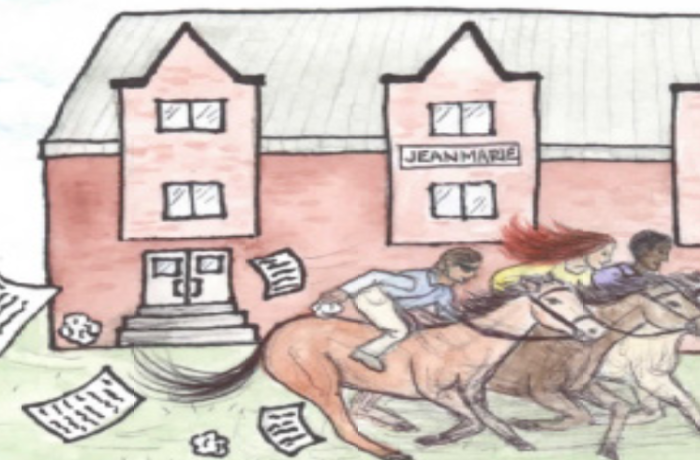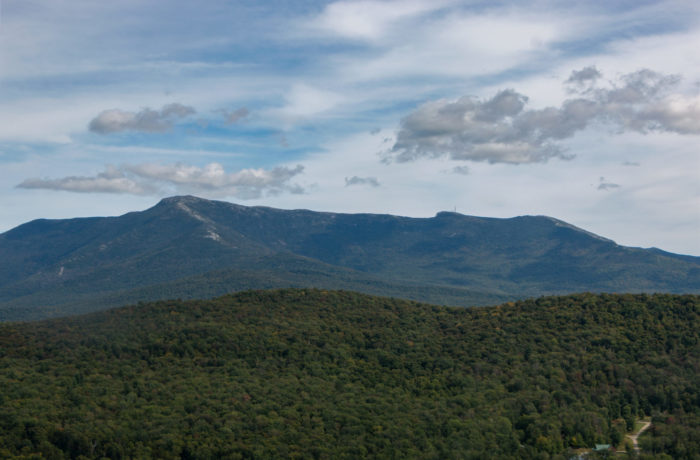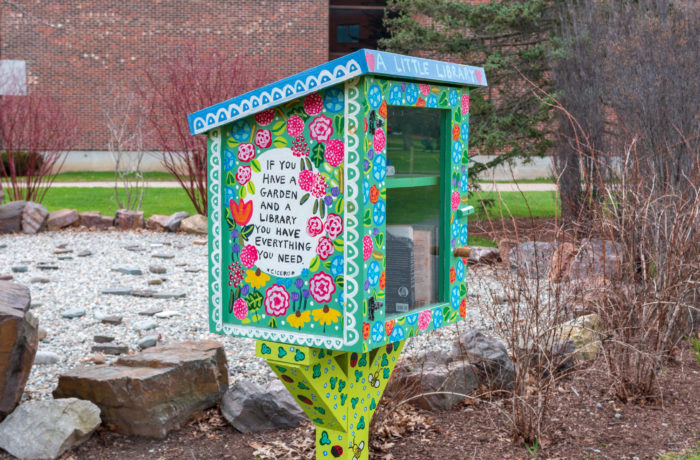By Madeline Clark
Jacques Moninga, 23, wakes up each morning and pinches himself. He is still shocked to live in a country where he does not have to fear being displaced, even one year after being resettled in Vermont. It is the end of a journey that began with fleeing civil war in the Democratic Republic of the Congo when he was 5 years old, followed by living in a Tanzanian refugee camp for 15 years. Sitting in the Winooski Mill, preparing for his English class with St. Michael’s College professor, Raichle Farrelly, Moninga said the year he has spent in the U. S. has been, “heureux,” which in French means happy.
Vermont has accepted 6,300 refugee-background individuals since 1989. Last year 386 resettled in the Green Mountain State. Coming to the U.S. often means that they must assimilate to a populace that does not always welcome them. In its annual report, the United States Committee for Refugees and Immigrants said 2016 was a challenging year for refugee-background individuals due to an increase in vitriol and hate.
In 2017, the Trump Administration decided to more than halve the acceptance cap for these individuals from 110,000 to 45,000. But, Moninga said he has experienced kindness from Vermonters and is glad to be here.

Moninga said he did not feel good in Tanzania, where there was a lot of suffering, and a lot of hungry people. He found life in the refugee camp to be limiting. “If you’re a refugee, you’re not able to do the things you like,” he said. “If you have money and you want to buy a car or a motorcycle in the camp, it’s a ‘no… you’re a refugee.’” In the U. S. he has been able to experience more freedom. “In my country, everyone wants to be here,” Moninga said. He emphasized how it felt “good” when he arrived here. “You are free to do anything you like here…if you like, you do,” he said.
Moninga works at a factory in Morrisville where he assembles exercise equipment. One of his best friends is his manager, Mike. In addition to his job, Moninga said he attends four English classes each week to help with his transition to American life.
He said he was surprised about how busy life is in the U.S. “You know, back home in my country, there is no work on Sunday. It’s a day where people go to church,” Moninga said. “Here it’s different. I don’t know why, maybe people are busy with work.” However, he likes the U.S. despite its differences. “I like the weather…I like the process from the government, the program for refugees.”
Moninga said he felt fortunate to be resettled in Winooski. “There’s no racism in Vermont.” Some of his other friends who were resettled in the U.S. went to towns where they experienced racism, he said.
Reza Ramazani, professor of economics at St. Michael’s College, and an immigrant himself, said that sometimes U.S. citizens perceive refugee-background individuals as a burden on the U.S. “The government provides them with Section Eight [subsidized housing]… and provides [them] food… but this is for a short period of time.” Ramazani said resettling these individuals helps fill jobs that other Americans would not take. “[They] might work extremely hard…because [they] have experienced hardship and this country has given [them] an opportunity.” He said they want to perform well for their bosses, and better themselves in the process.
Ramazani said some Americans fear that with refugee-background individuals comes increased job competition. “There is competition, no doubt,” he said, “when the foreigners come here they compete with Americans… but when [they] get jobs they pay rent and buy food… and that stimulates the economy.”
Ray Coffey, the community service director of Winooski, maintains that the city gladly welcomes resettled persons. “I’d be naïve to say that it’s perfect…but by and large I think we’ve done a good job and been committed as a city to do it [resettlement] right,” Coffey said.
In the Winooski Mill, Moninga walks into a modest classroom where he discusses past tense verbs, what he has done in the past week, and the weather. Some 7,380 miles from the refugee camp in Tanzania, he has found his new normal.
“I prayed for God to give me a good life,” Moninga said, he believes his God has delivered.


